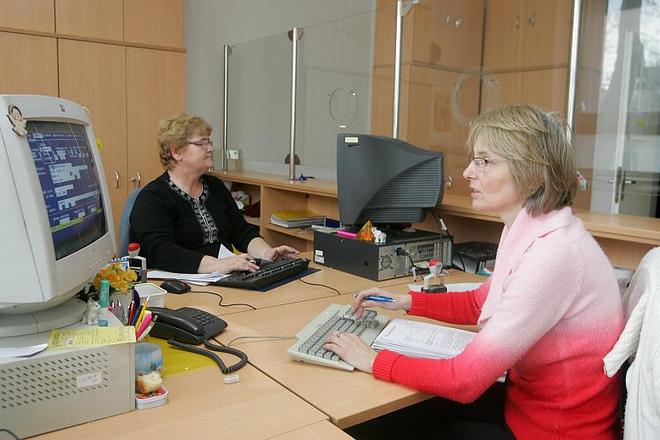SLOVAKIA is behind the curve in Europe when it comes to part-time employment: only Bulgaria has fewer people using this form of employment.According to Eurostat data, only 2.6 percent of all employees in Slovakia work on part-time contracts, while in the European Union 18.2 percent do so.
While the country’s legislation presents no particular obstacles to part-time employment, employers themselves are rather reluctant to use it. Human resources professionals say it is a pity that the option is not used more widely since it can benefit both employers and employees alike.
According to the Employment Institute, a non-governmental think-tank, part-time employment is a suitable way for employees to maintain their working habits or even re-integrate the unemployed into working life.
“Using part-time work can significantly reduce unemployment and boost employment numbers,” wrote the institute in a press release.
The institute in fact believes that stereotypes are standing in the way of part-time employment – in both the public and private sectors.
“Employers prefer the traditional process of organising work and usually assess those who work the normal eight hours as being better than those work shorter hours – even if they [the part-timers] are able to achieve comparable or often even better work results,” the Employment Institute wrote.
“Part-time work is mostly used not as principal employment but rather to supplement to a main job,” said Jana Zedníková, divisional director with Trenkwalder.
In Slovakia, flexible working time is more frequent, along with the option to choose where to work, principally through tele-working.
What is known as temporary work in Europe is often mistaken in Slovakia for part-time work, said Zedníková.
“Part-time labour can be applied in all the segments of the market,” said Zedníková. “Most frequently it is used in the case of administrative work and, on the contrary, it is completely unsuitable for jobs where there are different shifts.”
As far as employers are concerned, among the benefits that part-time labour brings are the lower costs of educating an employee.
“If a firm makes it possible, for example, for a woman on maternity leave to work part-time, the firm gains a loyal employee who knows the firm and its processes,” Zedníková added. “The employees gain in the same way, since during parental leave they do not lose working habits and can still access new trends and information about their work.”
Part-time work is most frequently used in administration, with the service sector being another in which workers are more frequently employed on shorter working-time contracts, said Zedníková.
Part-time is gaining preference everywhere that the presence of the employee is not crucial; sectors that cannot compete on salary - for example, providing cleaning work - also use the part-time option. Part-time work also results in lower expenses for employers but the situation in Slovakia lags some way behind practice in the rest of Europe.
“In Slovakia the use of part-time work is minimal,” said Mariana Turanová, a partner with Target, a jobs firm. “It is a huge pity. In fact, I meet mothers every week who would like to return to their job but do not want to cause disruption for either their children or themselves. They are interested in part-time work.”
While the Labour Code offers this option, employers are concerned about using it, said Turanová.
“During my 10 years in practice we have not had a single requirement to find a manager who could work part time,” Turanová told The Slovak Spectator. “I know from my own experience that if firms allow part-time work they gain twice as much.
On the one hand they gain an employee who does not have to be trained and who has experience; but what is even more important is that the employee is using their working time effectively, with full output.”
As for the reasons why part-time labour is so scarcely used in Slovakia, Turanová said that the lack of interest is unambiguously on the side of the employers.
“Why are employers reluctant to use it?” asked Turanová. “Perhaps they mind that one colleague leaves work at 2 pm while others stay until five. But are they also aware that some employees are often in fact able to get more done during their part-time work than some full-time employees?”
“Colleagues from western Europe, but most of all Scandinavia and the Netherlands can hardly believe it when we talk about the difficulties that mothers have, following maternity leave, reintegrating into work in this way,” Turanová added.



 Office work can be ideal for part-timers. (source: Sme - Peter Žákovič)
Office work can be ideal for part-timers. (source: Sme - Peter Žákovič)